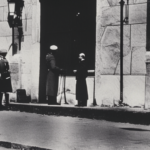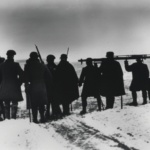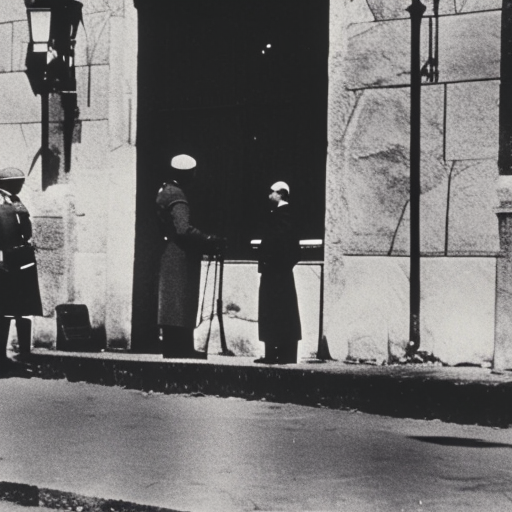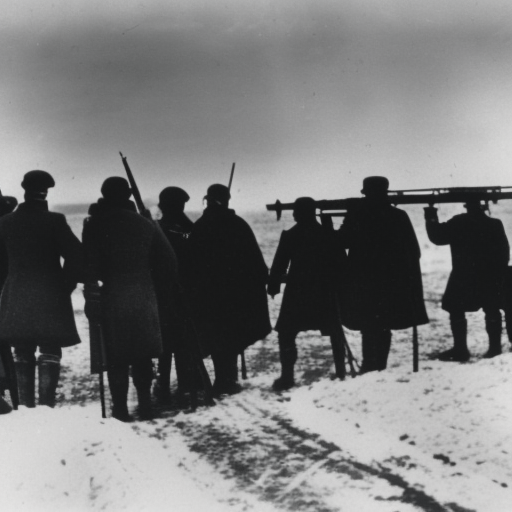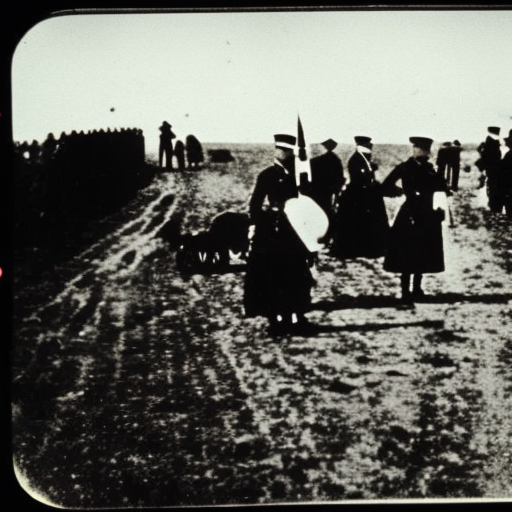The Locarno Treaties (1925)
The Locarno Treaties, signed in 1925, were a series of agreements aimed at ensuring peace and stability in Europe following the devastation of World War I. The treaties were negotiated and signed in the Swiss town of Locarno and involved Germany, France, Belgium, Italy, and the United Kingdom. The agreements represented a significant step towards the establishment of a new European order and laid the groundwork for future diplomatic efforts to prevent another major conflict.
Background:
After the end of World War I, Europe was in a state of political and economic turmoil. The harsh terms imposed on Germany by the Treaty of Versailles had left the country resentful and seeking to revise the terms of the peace settlement. France, on the other hand, was concerned about its security and sought guarantees against future German aggression. The Locarno Treaties were an attempt to address these concerns and create a framework for peaceful relations between the major European powers.
The Treaties:
The Locarno Treaties consisted of several agreements, the most significant of which were the Treaty of Mutual Guarantee and the Treaties of Arbitration. The Treaty of Mutual Guarantee, signed by Germany, France, Belgium, and the United Kingdom, guaranteed the existing borders between Germany, France, and Belgium. It also committed the signatories to resolve any future disputes through peaceful means, rather than resorting to military force.
The Treaties of Arbitration, signed by Germany, France, and Belgium, established a system for resolving disputes through international arbitration. This was a significant departure from the traditional approach of using military force to settle conflicts. The treaties also included provisions for the demilitarization of the Rhineland, a region that had been a source of tension between Germany and its neighbors.
Impact:
The signing of the Locarno Treaties had a profound impact on the political landscape of Europe. It marked a turning point in the post-war era, as it was the first time since the end of World War I that Germany was recognized as an equal partner in international diplomacy. The treaties helped to normalize Germany’s relations with its neighbors and paved the way for its eventual membership in the League of Nations.
The Locarno Treaties also had important implications for the future of European security. By guaranteeing the existing borders and committing to peaceful dispute resolution, the signatories sought to create a stable and predictable environment in which future conflicts could be avoided. The treaties were seen as a significant step towards the establishment of a collective security system in Europe, which would later be formalized in the form of the League of Nations and its successor, the United Nations.
Legacy:
While the Locarno Treaties were initially hailed as a major diplomatic achievement, their long-term impact was somewhat limited. The treaties did succeed in maintaining peace in Europe for a time, but they ultimately failed to prevent the outbreak of World War II. The rise of Adolf Hitler and the subsequent remilitarization of the Rhineland in 1936 undermined the principles of the treaties and highlighted their limitations.
Nevertheless, the Locarno Treaties remain an important milestone in the history of European diplomacy. They represented a genuine effort to address the underlying causes of conflict in Europe and establish a new framework for peaceful relations. The treaties laid the groundwork for future diplomatic efforts and helped to shape the development of international institutions aimed at preventing war and promoting cooperation. Despite their ultimate failure to prevent another major conflict, the Locarno Treaties remain a symbol of the international community’s commitment to peace and stability in Europe.
